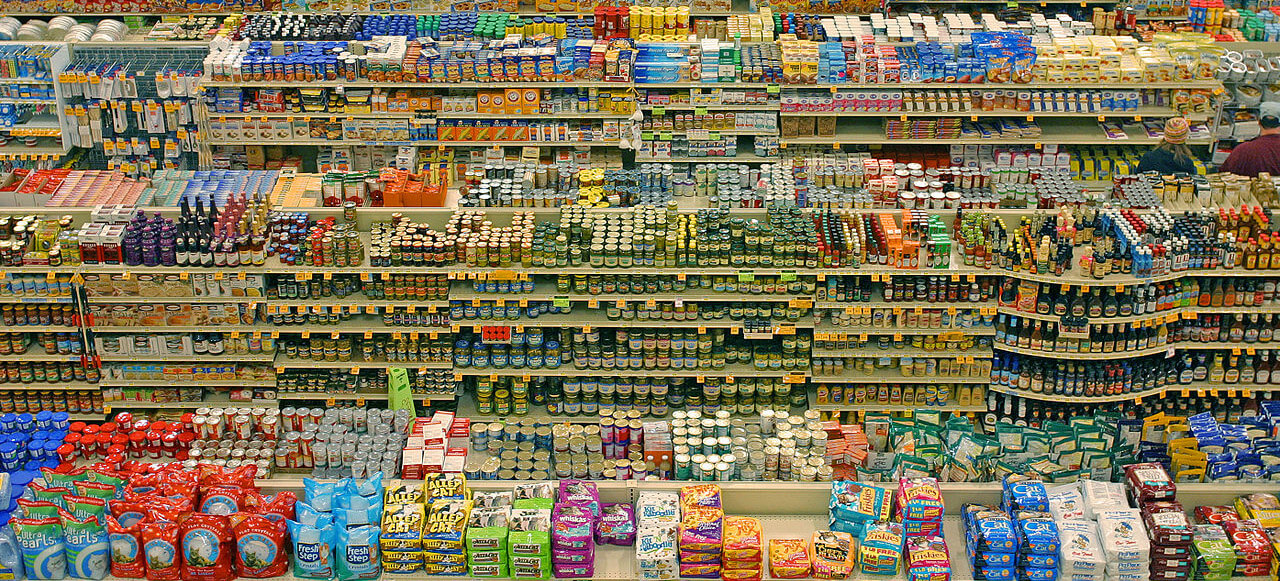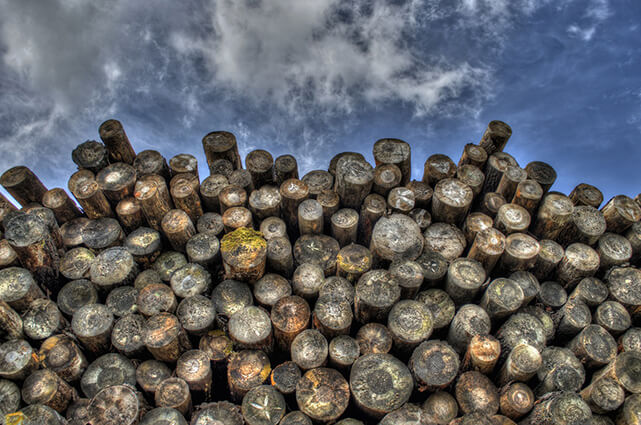Unburnable carbon
Bank of England Governor Mark Carney is the latest public figure to sound the alarm on unburnable carbon. At a World Bank seminar on Integrated Reporting, Carney warned that “the vast majority of reserves are unburnable” if catastrophic climate change is to be avoided. It was not the first time that Carney has spoken out on the subject. As the notion of stranded carbon assets has gained prominence in the past several years, a number of fossil fuel corporations have come under pressure to disclose the potential exposure faced by their oil, gas and coal reserves. A new report out today by the Carbon Tracker Initiative assessed the responses from over 80 fossil fuel companies on the risks posed by climate change and found “an industry unprepared to respond in depth to how the clean energy transition will affect business viability.”
Stock exchanges report
On the subject of integrated reporting, the Helsinki Stock Exchange took the top spot in this year’s “Measuring Sustainability Disclosure: Ranking the World’s Stock Exchanges” report by Corporate Knights Capital, released on Tuesday in Geneva. Corporate Knights Capital analyzed the extent to which the world’s publicly traded companies are disclosing seven basic sustainability metrics, as well as the steps that individual stock exchanges are taking to mandate or encourage such disclosure. The dearth of companies that disclose each of these data points was notable: Only 128 (2.8 per cent) of the world’s 4,609 largest listed companies reported on all seven indicators.
Ozone standards to be updated
The U.S. Environmental Protection Agency (EPA) is planning to roll out new ozone standards in December. The proposed rules, currently under review by the White House, were purposefully delayed until after the mid-term elections. The regulations have been delayed for years, first shelved in the lead up to the 2012 presidential election. President Obama was heavily criticized by environmental groups at the time. The Natural Resources Defense Council’s John Walke told The Hill that these new standards have the capacity to “remedy the worst environmental and public health decision of his administration.”
Military climate plan
Another key U.S. federal agency, the Department of Defense (DOD), outlined a comprehensive plan on Monday to prepare the military for the effects of climate change. Defense Secretary Chuck Hagel made the announcement at the Conference of Defense Ministers of the Americas in Peru. “This road map shows how we are identifying—with tangible and specific metrics, and using the best available science—the effects of climate change on the department’s missions and responsibilities,” Hagel said. Corporate Knights’ own Jeremy Runnalls reported on the impressive steps the DOD has been taking over the past decade on the environmental front.
Food waste
National Geographic continues its excellent year-long investigation into the future of food with a new story on worldwide food loss and waste. More developed countries suffer food waste at the back end of the food chain, once the food is in the hands of the retailer or consumer. Less developed countries, by contrast, lose food during the production and processing of the food itself.
- CK Staff
- CK Staff
- CK Staff
- CK Staff
- CK Staff
- CK Staff
- CK Staff
- CK Staff
- CK Staff
- CK Staff
- CK Staff
- CK Staff
- CK Staff
- CK Staff
- CK Staff
- CK Staff
- CK Staff
- CK Staff
- CK Staff
- CK Staff
- CK Staff
- CK Staff
- CK Staff
- CK Staff
- CK Staff
- CK Staff
- CK Staff
- CK Staff
- CK Staff
- CK Staff
- CK Staff
- CK Staff
- CK Staff
- CK Staff
- CK Staff
- CK Staff
- CK Staff
- CK Staff
- CK Staff
- CK Staff
- CK Staff
- CK Staff
- CK Staff
- CK Staff
- CK Staff
- CK Staff
- CK Staff
- CK Staff
- CK Staff
- CK Staff
- CK Staff
- CK Staff
- CK Staff
- CK Staff
- CK Staff
- CK Staff
- CK Staff
- CK Staff
- CK Staff
- CK Staff
- CK Staff
- CK Staff
- CK Staff
- CK Staff
- CK Staff
- CK Staff
- CK Staff
- CK Staff
- CK Staff
- CK Staff
- CK Staff
- CK Staff
- CK Staff
- CK Staff
- CK Staff
- CK Staff
- CK Staff
- CK Staff
- CK Staff
- CK Staff
- CK Staff
- CK Staff
- CK Staff
- CK Staff
- CK Staff
- CK Staff
- CK Staff
- CK Staff
- CK Staff
- CK Staff
- CK Staff
- CK Staff
- CK Staff
- CK Staff
- CK Staff
- CK Staff
- CK Staff
- CK Staff
- CK Staff
- CK Staff
- CK Staff
- CK Staff
- CK Staff
- CK Staff
- CK Staff
- CK Staff
- CK Staff
- CK Staff
- CK Staff
- CK Staff
- CK Staff
- CK Staff
- CK Staff
- CK Staff
- CK Staff
- CK Staff
- CK Staff
- CK Staff
- CK Staff
- CK Staff
- CK Staff
- CK Staff
- CK Staff
- CK Staff
- CK Staff
- CK Staff
- CK Staff
- CK Staff
- CK Staff
- CK Staff
- CK Staff
- CK Staff
- CK Staff
- CK Staff
- CK Staff
- CK Staff
- CK Staff
- CK Staff
- CK Staff
- CK Staff
- CK Staff
- CK Staff
- CK Staff
- CK Staff
- CK Staff
- CK Staff
- CK Staff
- CK Staff
- CK Staff
- CK Staff
- CK Staff
- CK Staff
- CK Staff
- CK Staff
- CK Staff
- CK Staff
- CK Staff
- CK Staff
- CK Staff
- CK Staff
- CK Staff
- CK Staff
- CK Staff
- CK Staff
- CK Staff
- CK Staff
- CK Staff
- CK Staff
- CK Staff
- CK Staff
- CK Staff
- CK Staff
- CK Staff
- CK Staff
- CK Staff
- CK Staff
- CK Staff
- CK Staff
- CK Staff
- CK Staff
- CK Staff
- CK Staff
- CK Staff
- CK Staff
- CK Staff
- CK Staff
- CK Staff
- CK Staff
- CK Staff
- CK Staff
- CK Staff
- CK Staff
- CK Staff
- CK Staff
- CK Staff
- CK Staff
- CK Staff
- CK Staff
- CK Staff
- CK Staff
- CK Staff
- CK Staff
- CK Staff
- CK Staff
- CK Staff
- CK Staff
- CK Staff
- CK Staff
- CK Staff
- CK Staff
- CK Staff
- CK Staff
- CK Staff
- CK Staff
- CK Staff
- CK Staff
- CK Staff
- CK Staff
- CK Staff
- CK Staff
- CK Staff
- CK Staff
- CK Staff
- CK Staff
- CK Staff
- CK Staff
- CK Staff
- CK Staff
- CK Staff
- CK Staff
- CK Staff
- CK Staff
- CK Staff
- CK Staff
- CK Staff
- CK Staff
- CK Staff
- CK Staff
- CK Staff
- CK Staff
- CK Staff
- CK Staff
- CK Staff
- CK Staff
- CK Staff
- CK Staff
- CK Staff
- CK Staff
- CK Staff
- CK Staff
- CK Staff
- CK Staff
- CK Staff
- CK Staff
- CK Staff
- CK Staff
- CK Staff
- CK Staff
- CK Staff
- CK Staff
- CK Staff
- CK Staff
- CK Staff
- CK Staff
- CK Staff
- CK Staff
- CK Staff
- CK Staff
- CK Staff
- CK Staff
- CK Staff
- CK Staff
- CK Staff
- CK Staff
- CK Staff
- CK Staff
- CK Staff
- CK Staff
- CK Staff
- CK Staff
- CK Staff
- CK Staff
- CK Staff
- CK Staff
- CK Staff
- CK Staff
- CK Staff
- CK Staff
- CK Staff
- CK Staff
- CK Staff
- CK Staff
- CK Staff
- CK Staff
- CK Staff
- CK Staff
- CK Staff
- CK Staff
- CK Staff
- CK Staff
- CK Staff
- CK Staff
- CK Staff
- CK Staff
- CK Staff
- CK Staff
- CK Staff
- CK Staff
- CK Staff
- CK Staff
- CK Staff
- CK Staff
- CK Staff
- CK Staff
- CK Staff
- CK Staff
- CK Staff
- CK Staff
- CK Staff
- CK Staff
- CK Staff
- CK Staff
- CK Staff
- CK Staff
- CK Staff
- CK Staff
- CK Staff
- CK Staff
- CK Staff
- CK Staff
- CK Staff
- CK Staff
- CK Staff
- CK Staff
- CK Staff
- CK Staff
- CK Staff
- CK Staff
- CK Staff
- CK Staff
- CK Staff
- CK Staff
- CK Staff
- CK Staff
- CK Staff
- CK Staff
- CK Staff
- CK Staff
- CK Staff
- CK Staff
- CK Staff
- CK Staff
- CK Staff
- CK Staff
- CK Staff
- CK Staff






